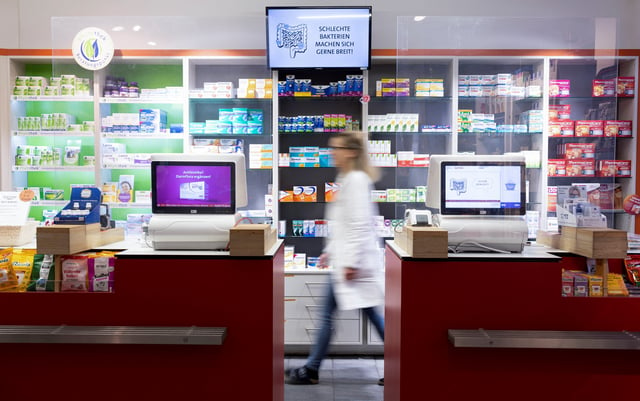Overview
- The Critical Medicines Act seeks to address Europe's dependence on China and India for over 80% of generic drug ingredients, including antibiotics, by boosting domestic manufacturing and diversifying supply chains.
- Key measures include prioritizing security of supply over cost in procurement, joint purchasing agreements, and €88.5 million in funding from the EU's 2021-2027 budget to support strategic projects.
- The act introduces stockholding obligations and encourages countries to procure from multiple suppliers to ensure stable access to critical medicines, including cancer treatments and antibiotics.
- Belgium, which spearheaded the call for the act, has criticized the plan for insufficient funding and lack of a unified stockpiling strategy, while others argue it may not significantly reduce vulnerabilities.
- Supporters, including cancer advocacy groups and pharmacists, praise the act for addressing root causes of shortages and improving access, though concerns remain about environmental standards and implementation timelines.
